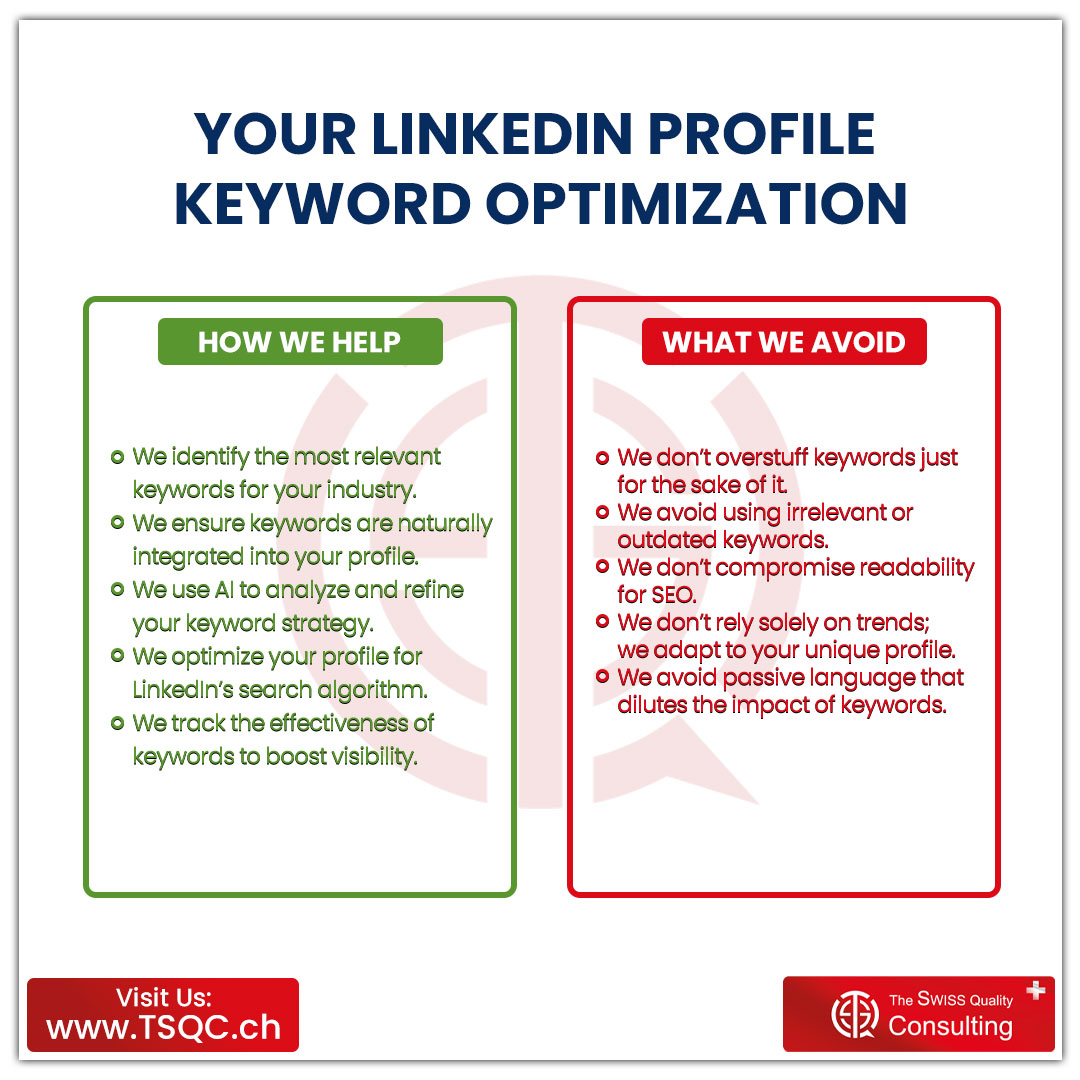Optimizing Information Input to Maximize Business Intelligence
Introduction to Enhanced Data Interoperability
In today’s digitally-driven business environment, Enhanced Data Interoperability Strategies are crucial for ensuring accurate data input and effective information sharing across diverse systems and stakeholders. With tools like iTermin offering structured information capabilities, companies are now able to improve both data accuracy and interoperability, which are essential for operational efficiency and decision-making. This strategic focus on enhanced data handling helps in optimizing the workflows and boosts the overall technological adaptability of businesses.
Benefits of Structured Information Input
Implementing structured information input systems like iTermin significantly contributes to data accuracy. These systems ensure that information is input in a standardized format, reducing errors and discrepancies. This is particularly important in environments where multiple stakeholders interact with the data, as it maintains consistency and reliability across various platforms. Enhanced data accuracy not only supports better decision-making but also increases trust in the data-dependent processes, a critical aspect for business success in any sector.
Improving Interoperability Across Systems
Interoperability between different technological systems and frameworks is a key component of modern IT strategies. Enhanced Data Interoperability Strategies involve the integration of advanced tools like AI and blockchain to facilitate seamless communication and data exchange. This interconnectedness allows for smoother transitions and functionality between disparate systems, leading to increased productivity and reduced downtime. Such strategic integration supports a more holistic approach to technology management, pivotal for thriving in the competitive digital landscape.
AI Integration for Intelligent Data Management
Artificial Intelligence (AI) plays a transformative role in enhancing data interoperability through intelligent data management solutions. AI algorithms can predict patterns and automate data processing tasks, thereby increasing efficiency and reducing the likelihood of human error. By integrating AI, businesses can ensure that their data not only remains accurate but also becomes a cornerstone for predictive analytics and proactive decision-making. This use of sophisticated AI techniques is becoming a standard among forward-thinking enterprises aiming to capitalize on their data assets.
Blockchain for Secure and Transparent Data Sharing
Blockchain technology offers another layer of reliability and security in the realm of Enhanced Data Interoperability Strategies. Known for its decentralized nature, blockchain provides a transparent and immutable ledger for data transactions. This feature is invaluable for businesses that require secure data sharing mechanisms, especially when dealing with sensitive or proprietary information. Blockchain not only fortifies data security but also enhances stakeholder confidence in the shared data’s integrity, thus facilitating more open and reliable inter-company collaborations.
Enhancing Stakeholder Communication Through Improved Data Practices
Effective stakeholder communication is pivotal for business success, particularly in settings where decision-making depends on complex data. Enhanced Data Interoperability Strategies facilitate this by ensuring that all stakeholders have access to consistent and accurate data, fostering an environment of transparency and trust. The implementation of systems like iTermin, which promote structured information input, helps in aligning stakeholder perceptions and expectations by providing clear, unambiguous data presentations. This not only improves collaboration and consensus-building but also minimizes conflicts and misunderstandings related to data misinterpretation.
Challenges and Solutions in Data Interoperability Implementation
Despite the apparent benefits, implementing Enhanced Data Interoperability Strategies presents several challenges, including system integration difficulties, data privacy concerns, and resistance to change among users. To overcome these obstacles, businesses must invest in comprehensive training programs to familiarize stakeholders with new technologies. Additionally, adopting robust cybersecurity measures and clear data governance policies will help mitigate privacy issues and enhance user confidence in the system. By addressing these challenges head-on, companies can maximize the benefits of their data interoperability initiatives and pave the way for a more integrated and efficient digital future.
Future Trends in Data Interoperability
The future of business intelligence heavily relies on the evolution of data interoperability strategies. As technologies like the Metaverse and Generative AI continue to advance, their integration into existing data ecosystems will likely become more prevalent. These innovations promise to further enhance the sophistication of data systems, making them more dynamic and responsive to the needs of modern businesses. Staying ahead of these trends is essential for companies looking to maintain competitive advantages in a rapidly changing technological environment.
#EnhancedDataInteroperability, #DataAccuracy, #StructuredInformation, #iTermin, #BusinessIntelligence, #AIIntegration, #BlockchainSecurity, #DigitalTransformation, #TechnologyManagement, #StakeholderCommunication






